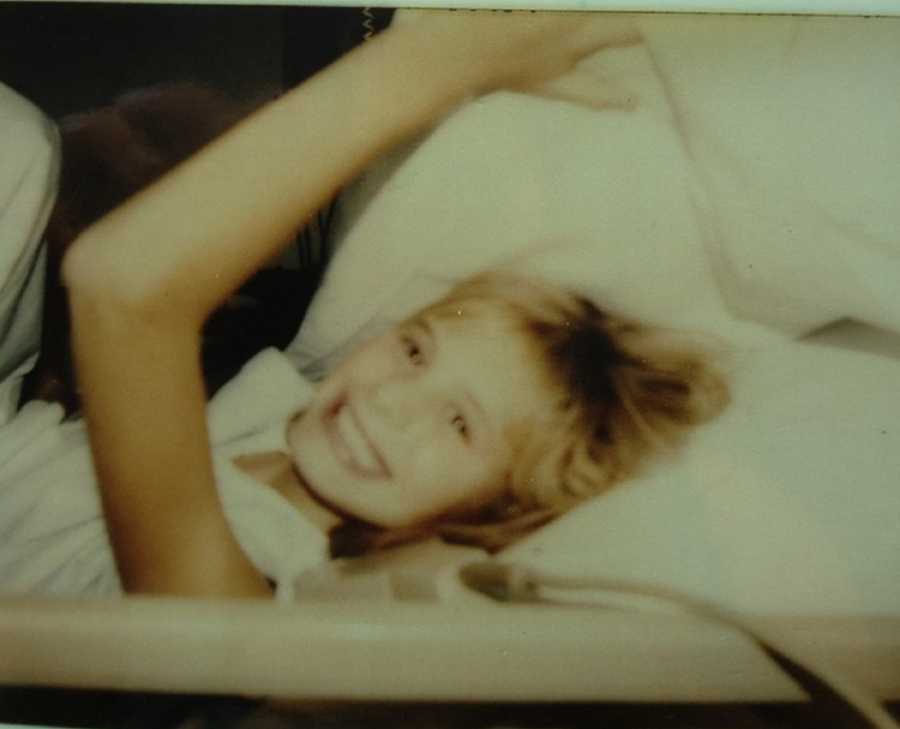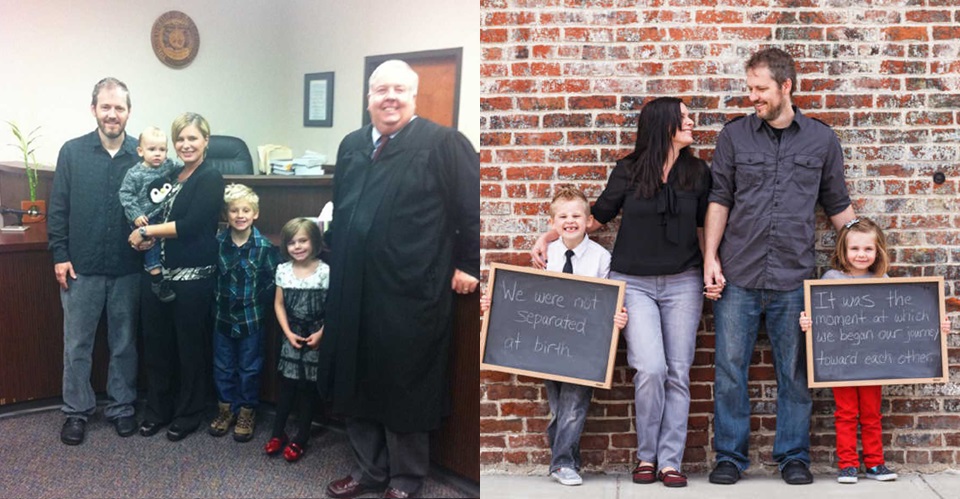At just 11 years old, Caroline Bailey woke up in a hospital bed to words that would change her life forever. Her doctor gently told her she would never be able to have children. At that age, she barely understood what that meant. It was 1983, and while other girls were starting to whisper about puberty and periods, she was learning about loss. What she didn’t yet know was that her body had been fighting a hidden battle, one that would make her the youngest known female to undergo a hysterectomy.

A rare bacterium, Bacteroides fragilis, had quietly lived inside her since she was two years old, after an appendectomy. When it finally ruptured, it spread like wildfire through her small body. Doctors fought to save her, removing her uterus, fallopian tubes, and right ovary in a grueling six-hour surgery. Her parents were told she might not survive. They rejoiced when she did, but their relief was tangled with grief; their little girl would never carry children. Caroline survived, but her childhood innocence didn’t.
Recovery was brutal. The once lively dancer now weighed next to nothing. Her strong legs, used to ballet and tap shoes, were covered in hospital booties. Needles pricked her arms constantly as doctors checked for infection. Every two hours, day and night, they drew her blood. She lost her hair, strength, and feeling like a normal kid. Yet, with her parents by her side and a caring teacher who brought lessons to her hospital bed, she slowly came back to life. When she returned to school, thin but smiling, no one knew what she had survived.

Her classmates began complaining about cramps and periods as middle school rolled on. Caroline would nod and pretend to understand, but inside, she ached. While they grumbled, she longed for what she would never have. It was a strange kind of heartbreak, one she couldn’t explain. She began to feel different from everyone else. She laughed, danced, and smiled like before, but underneath, she carried a quiet grief.

In her twenties, that grief returned when she lost her remaining ovary to a cyst. The surgery took place on her 20th birthday, and she tried to joke about it with nurses, but inside it hurt deeply. Losing that last piece of what made her biologically female felt like losing the final connection to the possibility of motherhood. She started hormone therapy and leaned on humor to survive the ache. Watching friends get married and have babies wasn’t easy. One boyfriend couldn’t even talk about her infertility, and she knew then that love had to mean more than pretending hard things didn’t exist.

Then came Bruce. He wasn’t just kind; he was safe. He listened to her story without pity, just compassion. He told her that her worth wasn’t tied to her ability to have children and that biology didn’t limit love. For the first time, Caroline believed it. They married in 2001, and years later decided to become foster parents. Their first placement was a newborn baby boy, and the moment they held him, their hearts changed forever. Though they supported his biological mother through the process, fate led them to adopt him in 2008.

A few years later, a baby girl came into their lives through foster care, and she too became their daughter. Caroline began to see her journey differently. Maybe, she thought, her infertility wasn’t a curse but a path to something extraordinary. Her pain had led her to motherhood after all, just not in the way she expected. In 2013, her family grew again when she adopted a baby boy from a relative. Each child came with a story of resilience and grace, mirroring her own.
Looking back, Caroline sees that her hysterectomy at 11 was not the end of her story, but the beginning of one filled with unexpected love. Infertility shaped her, yes, but it didn’t define her. She believes adoption is one of life’s greatest miracles, proof that love doesn’t have to share DNA to be real. Her children, each with their quirks and laughter, are exactly who they were meant to be.

Caroline often says life isn’t fair but can still be beautiful. She once thought the greatest miracle was conception, but now she knows it’s love—the kind that builds families from ashes and heals what was once broken. Her journey through hysterectomy, infertility, and adoption became proof that sometimes the most complex paths lead to the most extraordinary destinations.











